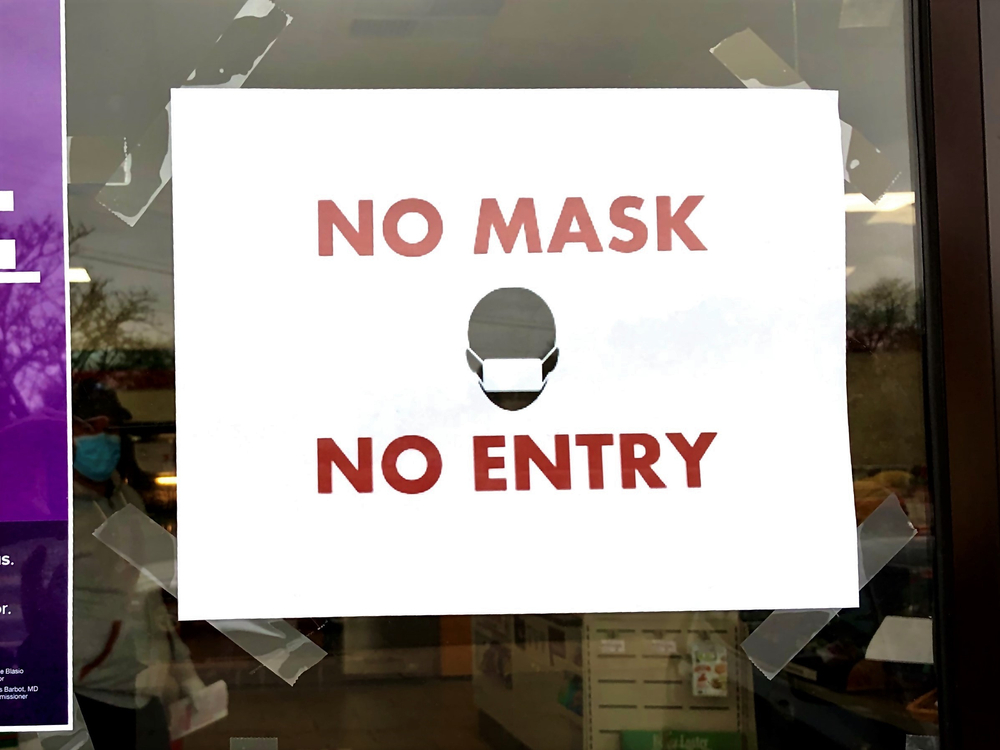There are several ways to successfully expunge or seal an arrest record, but the proliferation of data companies today means arrests aren’t buried nearly as deeply as they once were.
Whether charges are dropped or reduced, it’s worth the extra time and money to get a case sealed or expunged, according to attorney Bruce Denson in St. Petersburg, Fla.
“Even though sealing or expunging doesn’t have the erasing power that it used to, it’s still recommended that you seal or expunge your record. It makes things look a little bit better and could help with that next job application,” Denson said. “Take the one situation that you’ve got, make it look as good as possible, put it in the past and start looking forward and make your next best move.”
In most states, you can only expunge or seal an arrest record one time. In some states that applies even if the first time was in another state.
RELATED: Who's watching? New surveillance atlas shows you.
RELATED: Your privacy is disappearing, and you’re helping it along
There are also stipulations for what can be expunged and what can be sealed. When a record is sealed or expunged, it’s removed from the court’s database and in most situations you can legally deny the arrest. When it’s sealed, the clerk of court will put it in a big envelope and it can’t be opened without a court order. When it is expunged, the file is destroyed.
“It’s more completely gone if you get it expunged,” Denson said.
A defendant can request a record be expunged if:
- The case is dismissed.
- The case is dropped without being prosecuted.
- A jury finds a verdict of not guilty.
A defendant can request a record can be sealed if:
- The case is resolved by withholding adjudication, meaning the judge orders probation but does not formally convict the defendant.
- The defendant pays a fine but is not convicted.
- The defendant performs community service but is not convicted.
The process for expunging or sealing varies from state to state but is similar across the country.
- In Florida, for instance, it begins with filling out an application available from the Clerk of Court or the Florida Department of Law Enforcement and submitting it to the FDLE. (Expunging requires an extra step of approval from the State Attorney's Office before submitting to the FDLE.)
- Next, it takes about six months of waiting for a response showing the outcome of the arrest from the FDLE.
- Then, a lawyer or the person themself files a motion with the court to expunge or seal the record.
- Some state statutes call for a hearing, but even when they do, typically a judge will sign the order without a hearing if there is nothing to argue, according to Denson.
- Finally, a certificate showing the record is expunged or sealed is filed with the Clerk of Court.
Sealed or expunged records often aren’t secret
“In our modern world there really aren’t little secrets anymore,” Denson said. “These data and background check companies have programs that constantly scrape public records databases. They’re going to find the record of your arrest within days of it happening before the case is ever resolved.”
Countless data companies, such as Mugshots.com or Truthfinder.com, track and publish arrests. Sealing and expunging removes an arrest record from public view within the court systems, but not other public databases. Requests for removal can be made to the for-profit databases, but they don’t always comply, Denson said.
“Companies that perform background checks (for employment) are a little bit random because sometimes they see (an arrest) and sometimes they don’t. And sometimes they see the outcome and sometimes they don’t.” Denson said.
Having a record sealed or expunged allows you to legally deny it exists. If a background check finds an arrest, a job applicant can show the court’s order for the sealing or expungement.
“Most people doing background checks know that everybody has a bump in the road somewhere,” Denson said. “What they are worried about and looking for is a continuous pattern.”
Financial costs
For an idea of what it takes to expunge your record, costs in Florida include a $75 fee to FDLE and $65 fee to the Clerk of Court. Attorneys charge around $750 to $1,000 to handle the process, though individuals can do it themselves.
“Sometimes it helps to have a lawyer who knows exactly what to do,” Denson said. “It takes six months for the FDLE (to respond). If you get that back and find out you didn’t do something right it can really slow down the process.”
Denson said he isn’t seeing much of a backlog due to the impact of COVID-19 social distancing and reduction of jobs. However, fingerprinting is required to expunge or seal a record in many states, and with reduced accessibility to fingerprinting, the process is moving more slowly.
Contact Katherine Snow Smith at [email protected]. Follow her on Twitter at @snowsmith.














